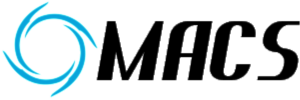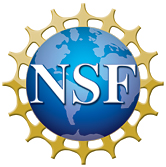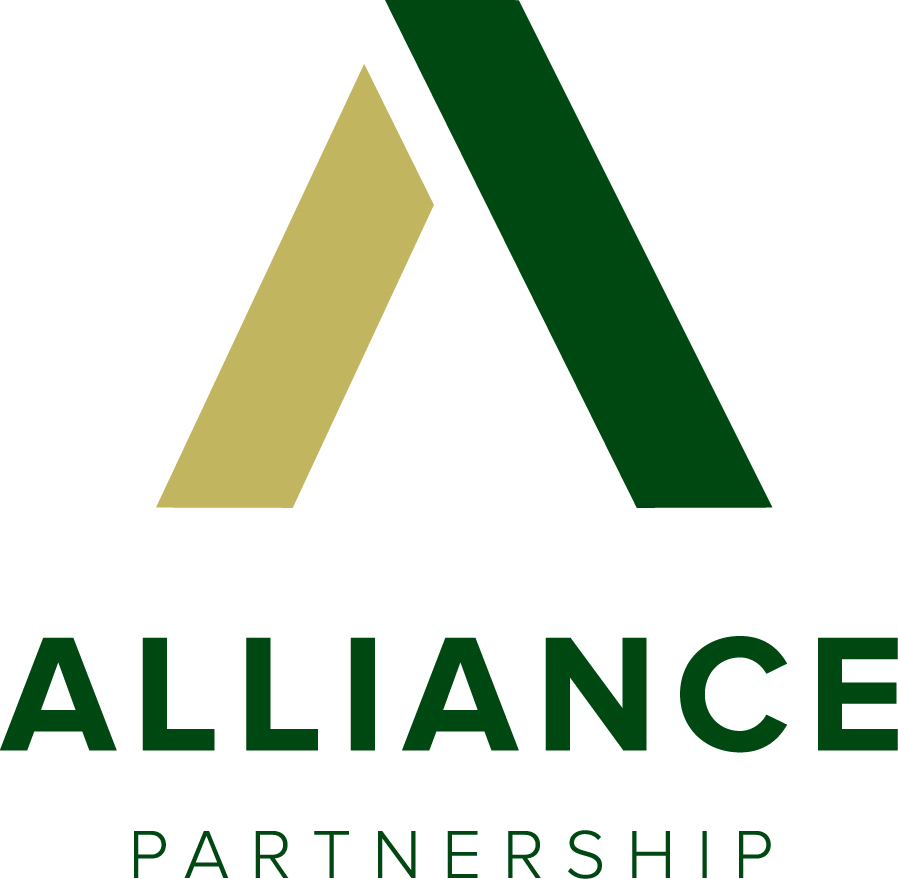



Overview
Students often say, "when am I ever going to use this math in real life?" This camp shows them how.
Math in Action in Computer Science (MACS) began in 2013 and is the educational component of Dr. Shrideep Pallickara's 2013 National Science Foundation CAREER Award (CNS-1253908). The goal of the camp is to use hands-on training to show middle school students how the math concepts they are learning in school are applied to real-world problems in computer science and elsewhere. Engaging middle school students improves their foundation in the STEM subjects at a critical point in their education. Experiential learning and practical application clarifies the material and fuels interest in these subjects. To maximize its impact, the camp targets Native American middle school students -- an at-risk demographic with a high dropout rate between middle and high school and a poor graduation rate.
What do the students learn at MACS? Each year students attend the weeklong, summer, residential camp and immerse themselves in learning functions, probability, distance measures, matrices, measures of central tendency, and plenty of programming including basics, use of operators, control flow, and data structures. To embed concepts, MACS instructors leverage experiential learning techniques such as games, worksheets, white board sessions, and programming. The students also create websites and do reflective writing assignments to further solidify their understanding.
MACS camp benefits more than just the middle school students. Two math teachers from Cortez Middle School also attend the camp and have the opportunity to learn new and different perspectives on the subject matter and techniques in math pedagogy. CSU graduate and undergraduate students serve as MACS instructors and gain valuable experience in curriculum planning and teaching. There is a 2:1 student to instructor ratio allowing for intensive help, explanation, and interaction.
The ultimate objective of the camp is help the students graduate from high school, go to college, and pursue careers in STEM. To accomplish this, teaching math concepts alone is not enough. MACS addresses not only the students academic needs, but their social and economic ones as well. Guest presenters from CSU units and the American Indian College Fund talk to the students about computer science careers, what it is like to be first generation college student, the college admissions process, and financial aid opportunities. Outside the classroom, students enjoy the complete college experience -- living in the dorms, eating in the dining hall, visiting the Rec. Center, touring Fort Collins, and participating in evening activities with a MACS mentor who is also a CSU student. Each middle school student receives $250 stipend along with a completion certificate at the camp's closing ceremony.
After its first year, MACS was so successful that the National Science Foundation granted funding to double the number of participants for the remaining years. MACS participants, staff, and guests also represent Native American tribes including Southern Ute, Mountain Ute, Navajo, Apache, Paiute, Ottawa and Chippewa. Over its 5-year duration, MACS participants and supporters include:
- 57 Cortez Middle School students
- 4 Cortez math teachers
- 14 CSU student instructors
- 2 CSU student mentors
- 17 guest speakers
- 15 CSU units and external organizations: